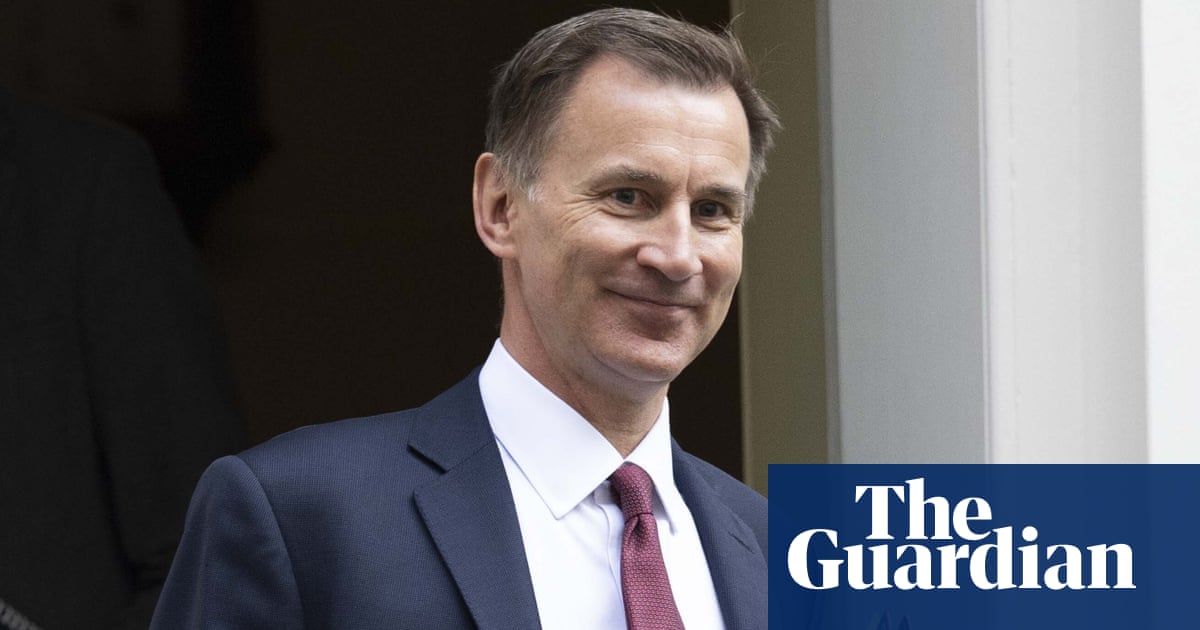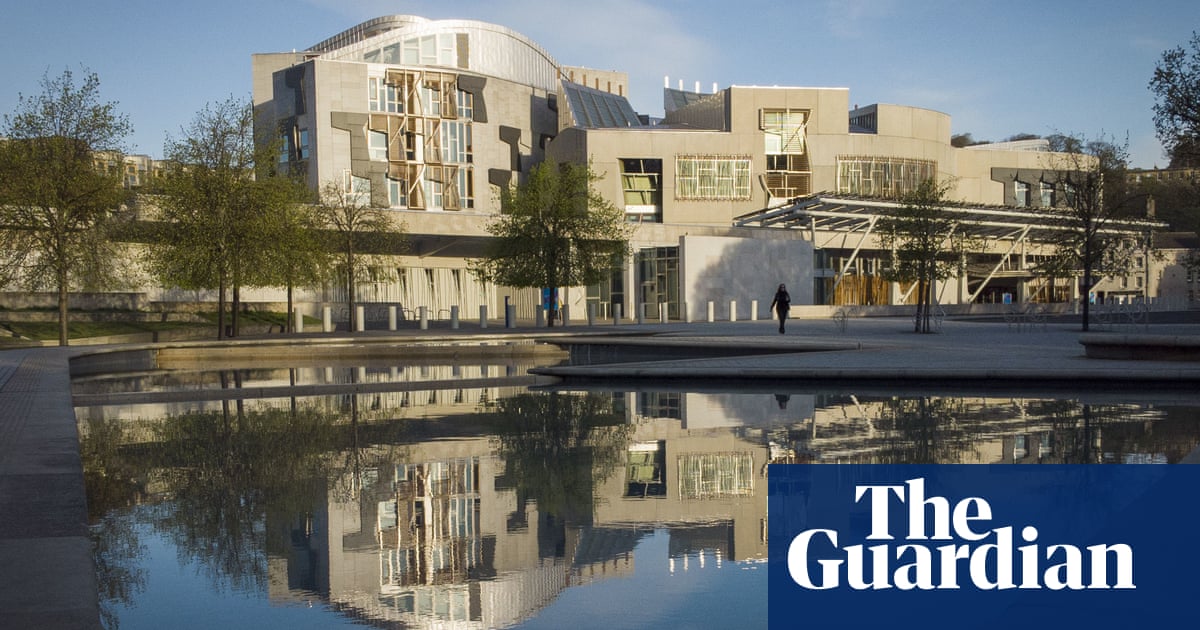
Probation services in England and Wales will be fully restored to public ownership and control, the justice secretary has announced, marking the final nail in the coffin of Chris Grayling’s disastrous privatisation changes.
Under Grayling’s widely derided shake-up in 2014, the probation sector was separated into a public sector organisation, the National Probation Service (NPS) managing high-risk criminals, and 21 private companies responsible for the supervision of 150,000 low- to medium-risk offenders.
The Ministry of Justice previously announced that all offender management, about 80% of all probation work, would be brought under the state-run NPS.
The remaining services, such as rehabilitation and the provision of unpaid work, will no longer be offered up for private tender, the justice secretary said, marking the complete return of probation services to the public sector.
About 2,000 workers at the private providers, known as community rehabilitation companies (CRCs), are to be brought over to HM Prison and Probation Service.
Robert Buckland told the House of Commons: “The delivery of unpaid work, behavioural change programmes will be brought under control of the NPS alongside offender supervision when current CRC contracts end in June next year.
“This will give us a critical measure of control, resilience and flexibility with these services which we would not have had were they delivered under 12 contracts with a number of organisations.”
The NPS will take full responsibility for sentence management, interventions and programme delivery and will at some point in the future be able to commission specialist charities to offer additional support services for offenders. This broadly mirrors the arrangements that existed prior to Grayling’s so-called “transforming rehabilitation” changes several years ago.
Ian Lawrence, the general secretary of the probation union Napo, said: “Our members across the whole of probation, and especially those who have been working tirelessly against the odds to maintain services in the private sector, will breathe a huge sigh of relief that Napo’s relentless campaigning has at last helped to bring certainty over the future of the service.
“Ministers have taken a courageous decision to fully reverse the earlier reforms that we opposed from the start and which have also been widely and continuously criticised by parliament and HM Inspector of Probation.
“We will now be urgently engaging with ministers and employers to ensure that all staff currently working in a CRC are guaranteed a future offer of employment in a publicly owned probation service.”
The chief inspector of probation, Justin Russell, cautioned the announcement was “not a magic bullet for improving performance”. He said: “The probation service must be properly funded. The quality of probation supervision will not improve merely by lifting and shifting large volumes of cases from CRCs back into the NPS next year. Vacancies for probation officers must be filled and staff properly trained for their new responsibilities.”
Private providers expressed frustration and disappointment at the announcement.
Liz Crowhurst, the head of infrastructure and public sector policy at the Confederation of British Industry (CBI), said: “This news will come as a disappointment to the public service suppliers – including charities – who have worked hard to deliver innovative probation solutions. All will urgently want to understand the implications for their staff, continuity of provision and their investments amid challenging times.
“Public-private partnerships can deliver high-quality public services, and have done so successfully for decades, in tandem with local and central government.
“So it will be important to keep an open mind and understand what’s worked – and what hasn’t – to ensure that public contracts continue to provide people with best-in-class sustainable services.”
Grayling ignored significant warnings from within his department to push through his reforms in 2014. MPs on the public accounts committee said the changes were rushed through at breakneck speed, taking “unacceptable risks” with taxpayers’ money. The justice committee described the overhaul as a “mess” and warned it might never work.
Since the reforms were introduced, the government has had to bail out the private providers by more than half a billion pounds.
The shadow justice secretary, David Lammy, said: “The opposition welcomes this U-turn the government is announcing today. It’s a U-turn we have been calling for for many, many years in this house.”
Lammy added it was “such a shame” Grayling was not present in the House of Commons for the announcement. He said: “Since the reforms reoffending rates have climbed up to 32%, that is members of the public, victims across the country, who have been subject to offenders and to crime that would not have been subject to the trauma that they were put through had this privatisation not been brought in in the first place.”












